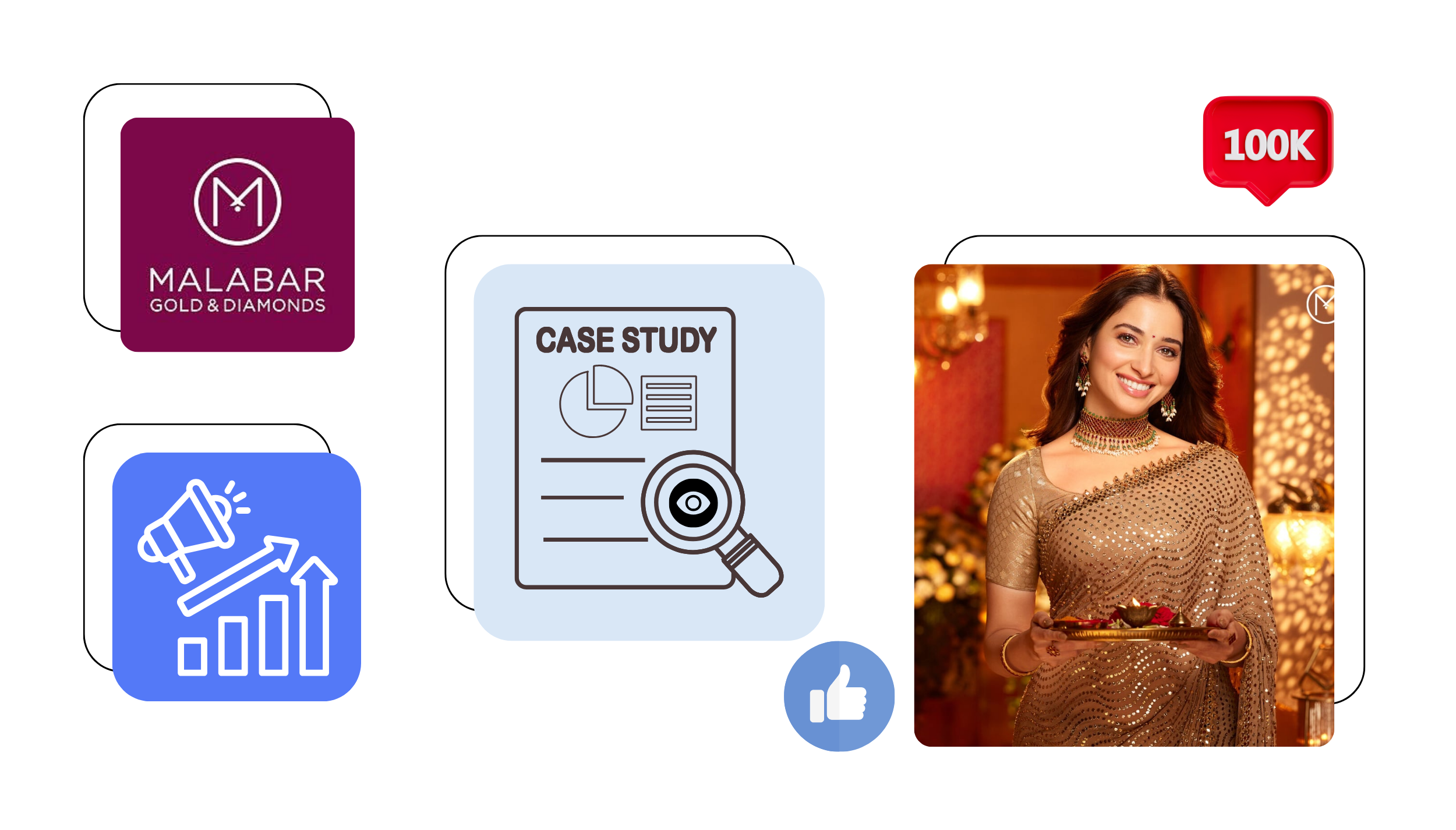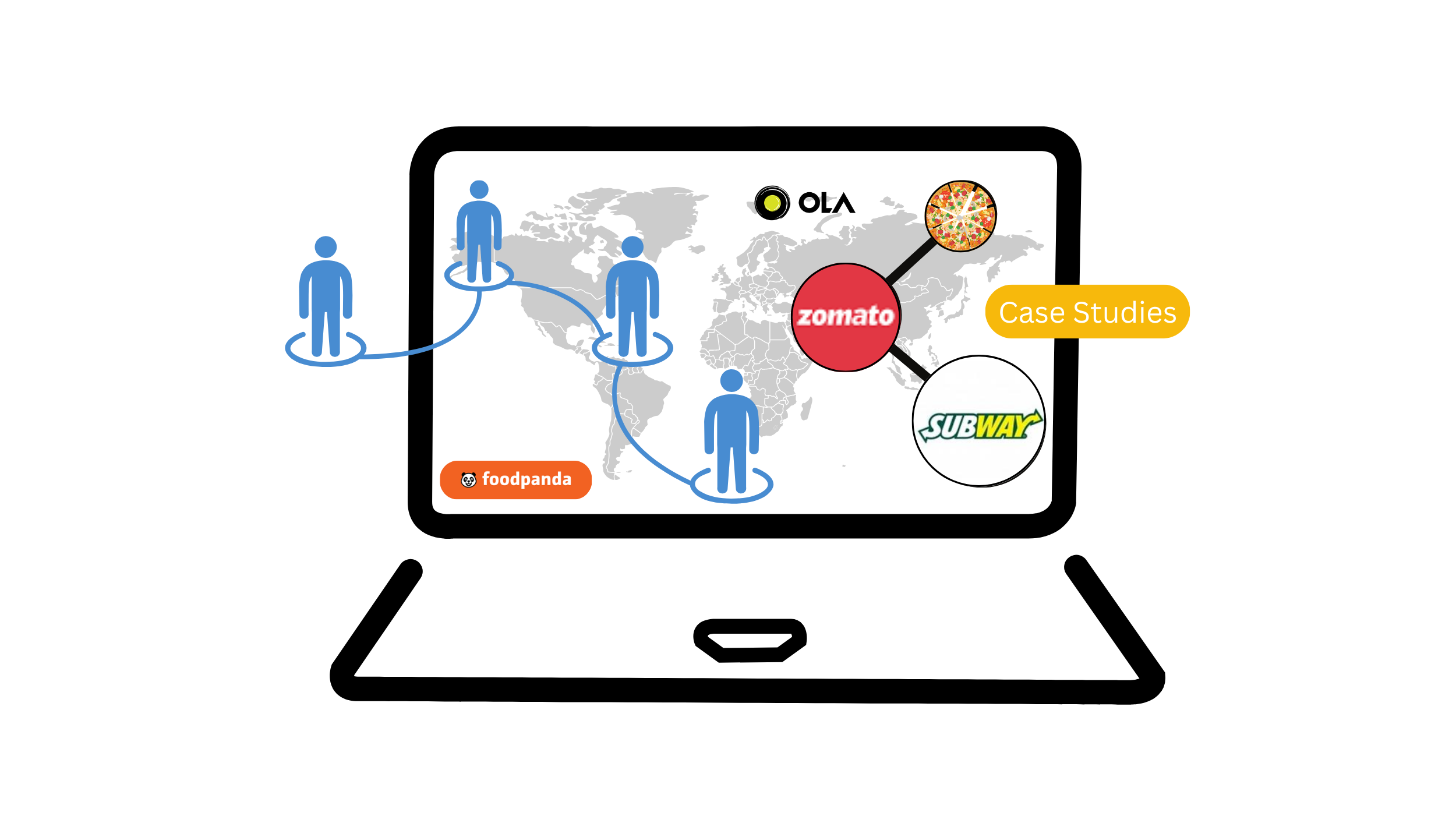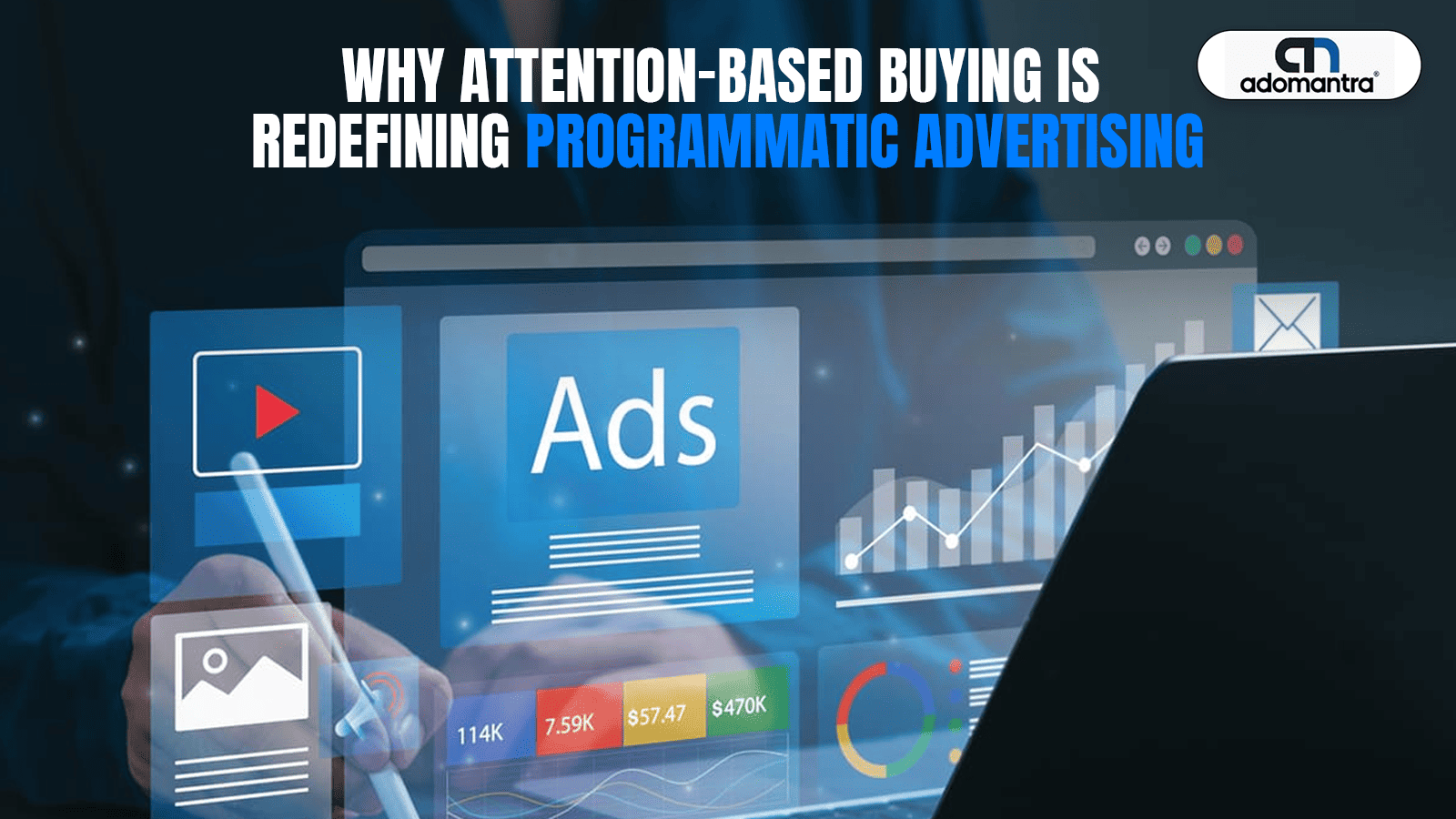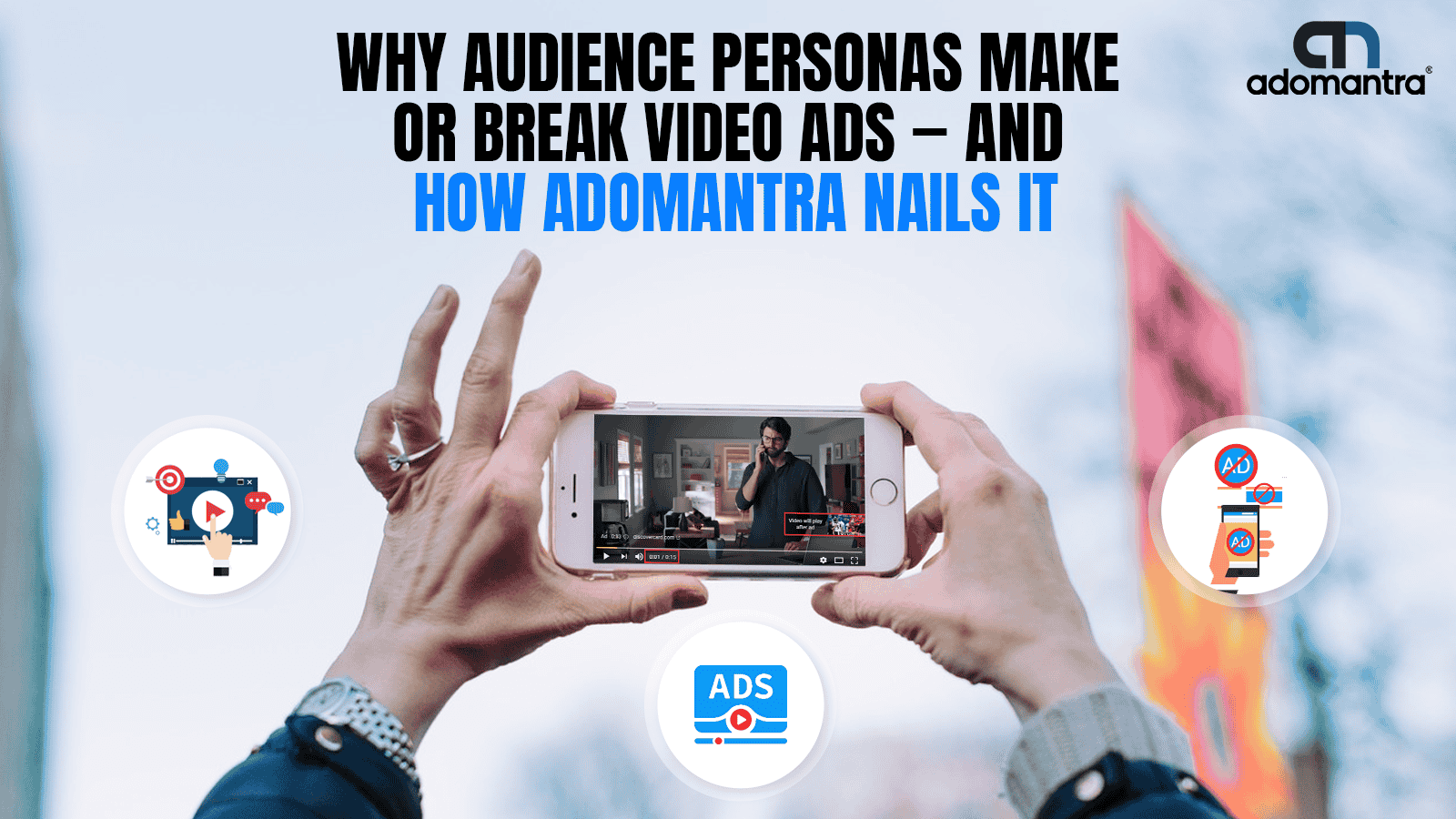Adaptive Conversion Optimization (ACO) is Criteo's advanced AI-powered feature designed to maximize sales while adhering to specific cost-per-acquisition (CPA) or return on ad spend (ROAS) targets. Leveraging machine learning, ACO continuously analyzes vast amounts of data to dynamically adjust bidding strategies and ad delivery in real-time. This ensures that advertising spend is intelligently allocated to reach the most valuable potential customers, optimizing campaign performance for defined business outcomes.
Frequently Asked Questions
Q1. How does ACO specifically handle fluctuations in market demand or inventory availability?
ACO's real-time AI capabilities allow it to dynamically adjust bids and ad placements in response to sudden shifts in market demand, competitor activity, or changes in product inventory, ensuring optimal spend.
Q2. What kind of data does Criteo's ACO utilize to achieve its optimization goals?
ACO leverages extensive first-party data from Criteo's network, behavioral data, contextual information, and real-time performance metrics to make intelligent, data-driven optimization decisions.
Q3. Is ACO more beneficial for businesses with large product catalogs or small, niche offerings?
ACO is highly effective for businesses with large product catalogs due to its ability to optimize across vast product sets and complex user journeys, though it can still benefit niche offerings by optimizing specific conversions.
Q4. Can businesses set specific, non-monetary conversion goals for ACO, like sign-ups instead of sales?
While ACO primarily focuses on sales and cost targets, businesses can define a 'conversion' as any desired action (e.g., lead forms, app downloads) and ACO will optimize towards maximizing those specific outcomes within budget.
















